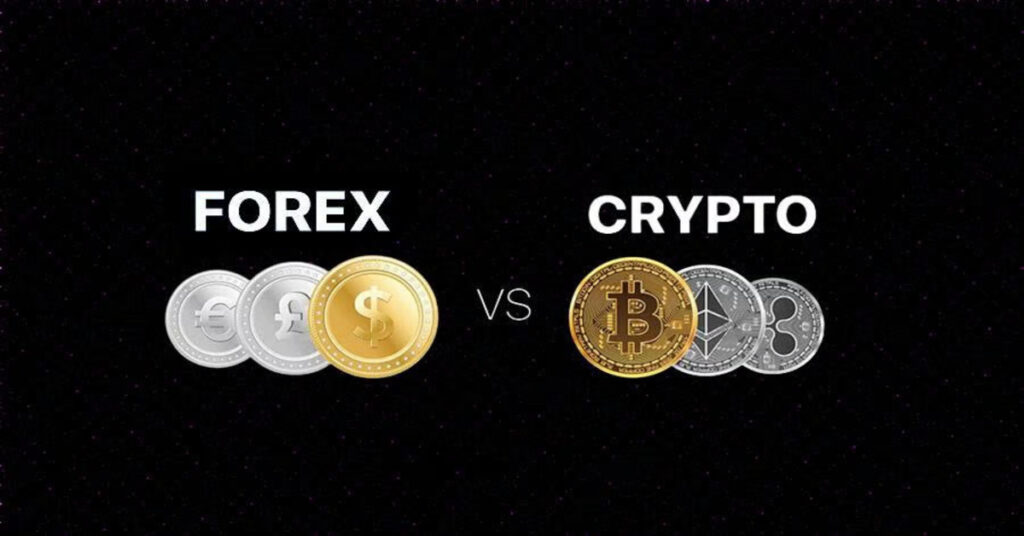The European Central Bank (ECB) is under pressure to cut interest rates earlier than expected, as markets continue to push for more aggressive policy measures. The Euro (EUR/USD) is currently under pressure, with investors closely watching the ECB’s response to inflation and economic challenges.
Despite no hint of cuts from the ECB at their recent meeting, investors are betting on more aggressive policy measures to combat the ongoing economic challenges in the Eurozone. The ECB is expected to push back on these bets, but the pressure remains for the bank to take action sooner rather than later.
The Euro (EUR/USD) has already taken a hit due to the uncertainty surrounding the ECB’s monetary policy, and this pressure is likely to continue until the ECB announces its response to the current economic challenges. As investors continue to watch the markets closely, the future projections for the Euro (EUR/USD) remain uncertain.
Key Takeaways
- The ECB is under pressure to cut interest rates earlier than expected to combat economic challenges in the Eurozone.
- Despite no hint of cuts from the ECB at their recent meeting, investors are betting on more aggressive policy measures.
- The Euro (EUR/USD) has taken a hit due to the uncertainty surrounding the ECB’s response to inflation and economic challenges.
The ECB’s Response to Inflation and Economic Challenges
Assessing the Impact of Inflation on the Eurozone
The European Central Bank (ECB) has been closely monitoring inflation rates in the Eurozone. Despite the ECB’s efforts to maintain price stability, inflation has remained below the target of 2%. The ECB’s primary objective is to keep inflation rates close to 2% over the medium term. However, the recent surge in energy prices has led to an increase in inflation rates which may put pressure on the ECB to adjust its monetary policy.
The Role of the Pandemic in Economic Uncertainty
The COVID-19 pandemic has had a significant impact on the Eurozone’s economy. The ECB has taken several measures to support the economy, including cutting interest rates and launching a bond-buying program. However, the pandemic continues to pose a challenge to the Eurozone’s economic recovery. The ECB has reiterated its commitment to supporting the economy until it reaches pre-pandemic levels.
Energy Prices and Their Effect on Monetary Policy
Energy prices have been a major concern for the ECB. The recent surge in energy prices has led to an increase in inflation rates, which may put pressure on the ECB to adjust its monetary policy. The ECB has stated that it will continue to monitor energy prices and their impact on inflation. If necessary, the ECB may adjust its monetary policy to maintain price stability in the Eurozone.
Overall, the ECB remains committed to maintaining price stability and supporting the Eurozone’s economic recovery. The ECB’s inflation target remains at 2%, and it will continue to monitor inflation rates and other economic indicators to ensure financial stability in the Eurozone.
Market Reactions and Future Projections
Expectations for ECB Interest Rate Adjustments
The Euro (EUR/USD) has been under pressure as markets push the European Central Bank (ECB) to start cutting rates earlier than expected. This follows the release of ECB staff macroeconomic projections for the euro area in September 2022, which showed that growth and inflation projections were lower than expected. The ECB has indicated that it will continue to monitor economic activity and financial and monetary conditions to determine the appropriate timing and size of any future interest rate adjustments.
Market interest rates have also been affected by the expectations for ECB interest rate adjustments. The ECB’s monetary policy decisions are closely watched by global central banks, including the Federal Reserve and the Bank of England. The comparative analysis with these central banks suggests that the ECB is likely to maintain its accommodative monetary policy stance for longer than other central banks.
Comparative Analysis with Global Central Banks
The Federal Reserve has already started to taper its asset purchases and is expected to raise interest rates in the near future. The Bank of England has also indicated that it may raise interest rates sooner than expected due to the recent surge in inflation. In contrast, the ECB is expected to maintain its accommodative monetary policy stance for longer, given the lower growth and inflation projections for the euro area.
Overall, the market reactions and future projections suggest that the Euro (EUR/USD) is likely to remain under pressure in the short to medium term. The ECB’s interest rate adjustments are likely to be a key driver of the Euro’s performance in the coming months. The comparative analysis with global central banks suggests that the ECB is likely to maintain its accommodative monetary policy stance for longer than other central banks, which could further weigh on the Euro’s performance.
Are you looking at forex trading? Learn more with 1st2Notify.









